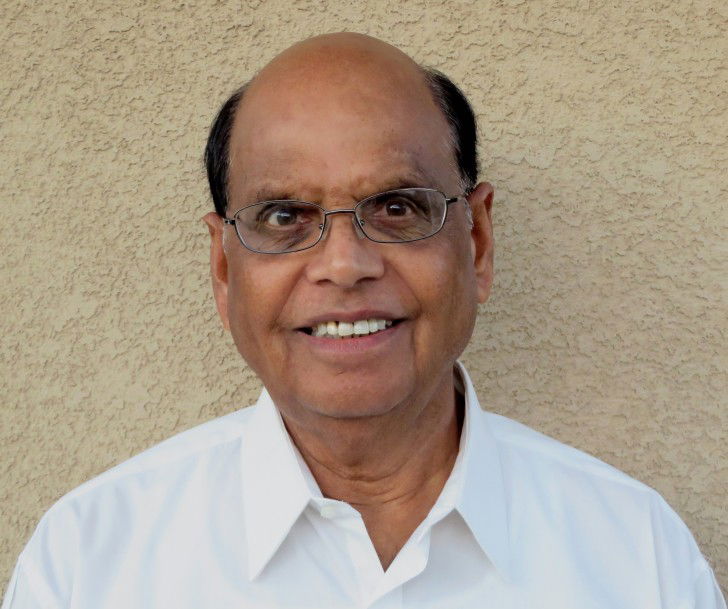Articles features
Being black in America (Pritam K. Rohila, Ph.D.)

I was born and raised in a Hindu vegetarian family, in pre-Independence India. I and my family were never subjected to discrimination, although it was there all around me.
Hindus did not associate with low-caste people, because they were engaged in “dirty†occupations. And they kept away from Muslims, because they consumed meat. A couple of Muslim family we did have, on Diwali gave us sweets they had purchased from a Hindu sweets shop.
My first experience of social discrimination was not until 1967, when I moved to the United States, and my children were teased in school with taunts of “burnt toastâ€.
I experienced discrimination even more personally, when a white boy in Auckland, New Zealand, spat at me and ran away. Since I could not do anything about it, I swallowed my helpless indignation and continued on my business.
These experiences do not really qualify me even to begin to grasp the shameful humiliation, deprivation and victimization, which African-Americans have endured for generations, in the United States.
It was long ago that the Jim Crow era in the United States formally ended, slavery was abolished and laws promising African-Americans equality were enacted. But they still continue to be treated not equally human, because they are “not equally whiteâ€. “A melting potâ€, which the United States is reputed to be, has failed to weld African-Americans with the rest of the American society. They continue to feel marginalized and discriminated against by the white folks.
According to a poll conducted by CBS, between May 29 and June 2, 2020, optimism of people about ending discrimination against African-Americans, has decreased 15 percentage points since 2015 and 23 percentage points since 2014. It is almost back to the point where it was after 1992 Los Angeles riots.
Further, Labor Department’s June 5 report has pointed out that the unemployment rate, which had increased to 14.7% in April due to COVID-19 pandemic, increased in May to 16.8%, among African-American workers, while it fell to 12.4% among their white counterparts. What is more concerning is that it is happening, even when the black households have had historically lower wages, lower incomes, much less savings to fall back on, and significantly higher poverty rates.
African-Americans tend to blame racial discrimination for social inequality in the United States, while Whites tend to attribute it to lack of necessary motivation and willpower of African-Americans to succeed.
Negative attitudes towards African-Americans are prevalent in some U.S. police departments too, despite some attempts to control them through their training programs. Consequently, as compared to white people, African-Americans are more likely to be arrested for drugs, even though they are not more likely to use or sell them. And their number in prisons far exceeds their proportion in the general population. Finally they are more likely to be killed in encounters with policemen.
By one count, murder of George Floyd on the last Memorial Day, in Minneapolis, was the 82nd killing of black males by police, in the United States, in the recent few months.
Hopefully recent public demonstrations will lead to meaningful improvements in our society.



































